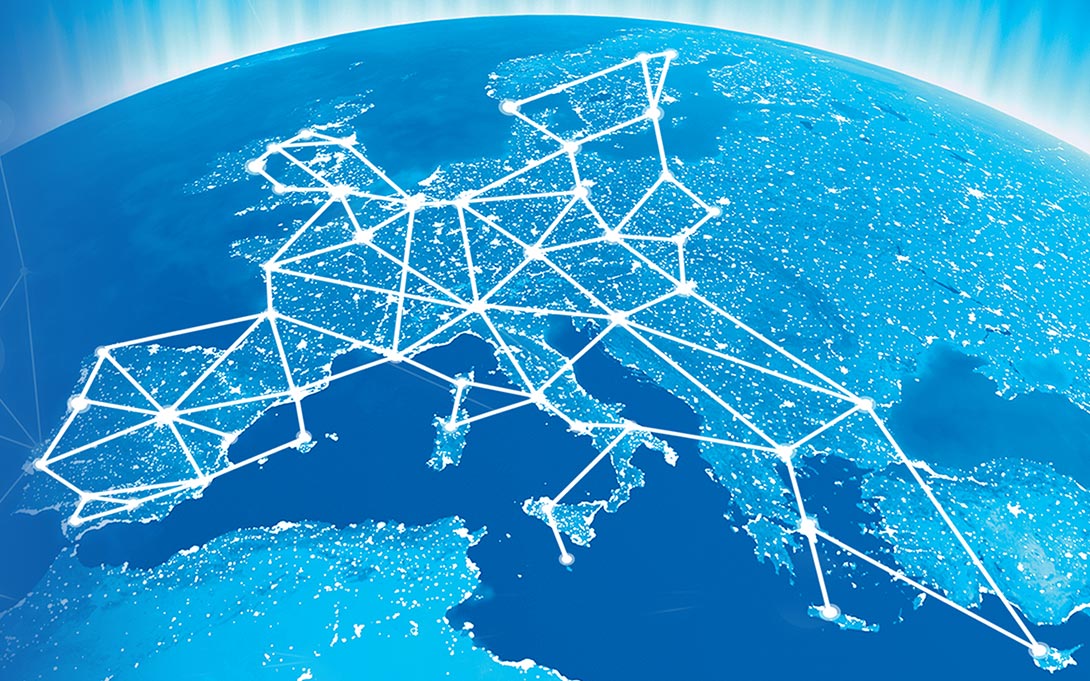European energy crisis simulation
National Security Council assessments and recommendations
Speaker
John FogarasiDate & time
Location

This diplomatic policy simulation will assess the economic and political impacts of the evolving energy crisis in Europe with a focus on U.S. foreign policy and the positions of key European nations. It will utilize the Council of Foreign Relations’ “Model Diplomacy” format that presents a “crisis scenario” that prompts a National Security Council (NSC) meeting, discussions and negotiations leading to actionable U.S. policy recommendations to the evolving crisis. Students will assume roles as specific European countries, NSC intelligence resource specialists, or other officials, and will draft recommendations to the European energy crisis and mini-briefs on key country positions. The simulation will focus on two priorities: protecting U.S. national security interests and the economic and political viability of our European partners. Students will have access to background information, roles, settings, and other generic NSC issues, along with issue- and country-specific materials.
Students must attend the introductory session on Monday, January 9 followed by the simulation on Friday, January 13.
The simulation will be led by John Fogarasi, who served as Senior Commercial Officer in U.S. embassies in Berlin, Germany; Seoul, South Korea; Budapest, Hungary; and Sofia, Bulgaria. In addition, Mr. Fogarasi was Regional Coordinator for the promotion of U.S. energy technology and services and expanding the public-private sector dialogue on energy issues in Europe and the newly independent states of the former Soviet Union. He is being assisted by former Ambassador Robert Cekuta, who served in the State Department as Principal Deputy Assistant Secretary for Energy Resources, Deputy Assistant Secretary for Energy, Sanctions, and Commodities, and U.S. Ambassador to the Republic of Azerbaijan. He established the Economic Policy Analysis and Public Diplomacy Office in the State Department’s Bureau for Economic and Business Affairs, and served on the boards of the Extractive Industries Transparency Initiative and the International Energy Agency, where he chaired the Standing Group on Long-term Cooperation charged with anticipating global energy developments.
Dates
Monday, January 9, 11:30 am-12:45 pm and Friday, January 13, 2:30-6:00 pm.
Eligibility
All students are welcome, no negotiating or policy expertise is required. Sign up by January 4, 2023. This simulation has a participation capacity and students may be selected via lottery.
